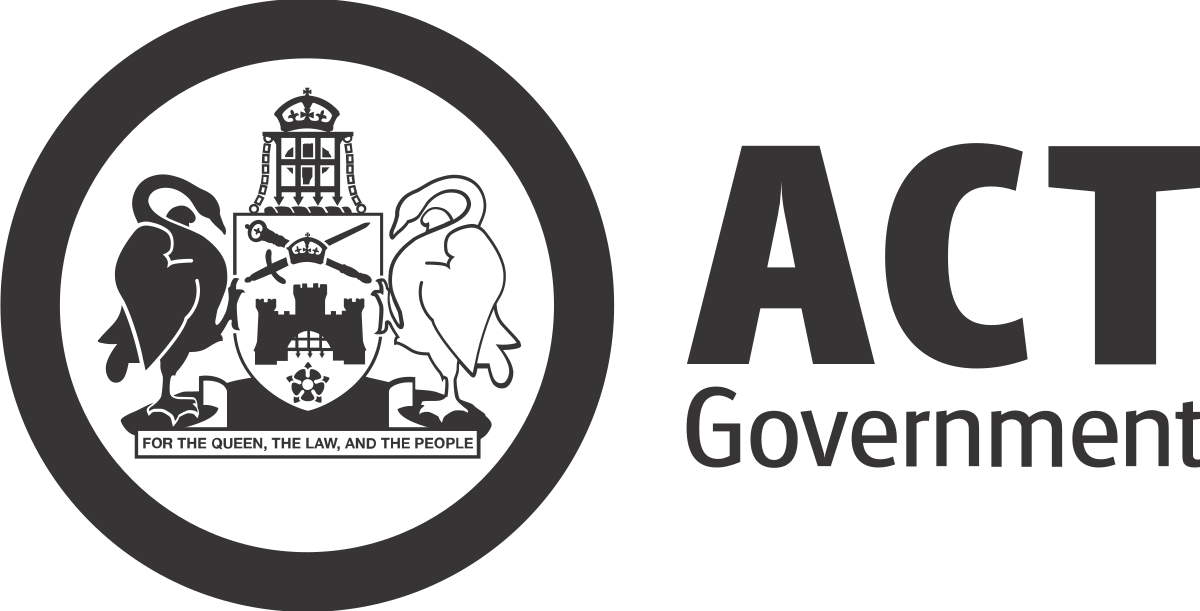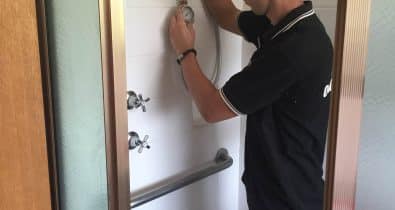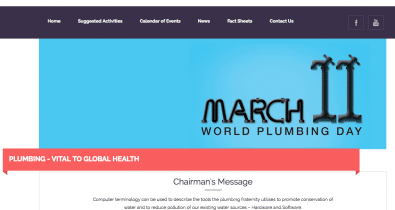Before we start, have a think about what day it is. If you are reading this and it is towards the end of the work week and you know that if your drain blocks and is overflowing sewage into your backyard you will be stuck having to organise an emergency plumber to attend, then i would recommend using our job Booking Form now to avoid paying expensive after hours fee’s on the weekend.
Why is it that these things always seem to happen on a weekend?
There are a couple of reasons why some people find that their drain only ever blocks on the weekends, leaving them with no other option than to call an emergency plumber and pay the weekend/public holiday surcharge.
The main reason is that during the week when we are all busy thinking about work, school, etc, we tend to ignore the early warning signs such as gurgling/bubbling drains and toilet water rising when flushed. At this po, nt the drain is already blocked and the drain is filling up then slowly draining away. Along comes the weekend and everyone is home throughout the day flushing toilets, taking a relaxing bath, catching up on all of those laundry loads and using water in whichever way they can think of. This excess usage then overflows outside.
What causes blocked drains, and how can they be cleared
Generally speaking, blocked drains are a result of tree roots growing in the sewer line through leaking joints and cracked pipes. Other problems can be foreign items flushed down the toilet, fats from the kitchen sink, or just way too much toilet paper.
I don’t recommend pouring bicarb soda, Coca-Cola, vinegar or liquid drain cleaners down the line. From my experience and feedback, I have had from many customers, whilst this may sound like it is fizzing away the blockage there is usually no result.
The following three methods may help to clear your blocked drain permanently if it is a paper blockage or temporarily if tree roots giving you a couple of days relief before calling in a professional.
3 Methods to clear a blocked drain without a plumber
Method 1 – Plunging
Sometimes in life size does matter and when it comes to the perfect plunger this is definitely the case. The bigger the better. The larger your plunger the more force it can produce and the more likely you will be able to clear your blocked drain.
Tips for plunging a blocked drain.
- When plunging a blocked drain it is vital that you wear appropriate Personal Protective Equipment (PPE) as there are many diseases and germs that thrive in sewage.
Always make sure you are wearing
- Protective eyewear
- Face Shield
- Disposible mask covering your mouth and nose
- Thick Sleeved Rubber Gloves
- Cuts and abrasions are covered with a sterile and waterproof dressing or bandaid
Method 2 – Water Bombing
Water bombing is a method that will often clear a partially blocked drain. If the blockage is caused by a buildup of paper alone then it may be a permanent repair, if it is a combination of tree roots and paper it may give you temporary relief.
This method involves simply filling your entire sewage line with water to the point of overflow by running as much water down all of the fixtures as possible simultaneously. By filling the sewage line you will be applying alot more pressure to the blockage.
WARNING – Depending on where the blockage is will change where your sewer overflow point will be. Whilst you are running water in a blocked drain you should be constantly checking all of your wet areas and outside gully grates for overflowing sewage. The overflow point will always be the lowest drain upstream of the blockage. Often this will be an outside gully trap, floor waste or shower waste. Other possibilities are the toilet in the back of the downstairs garage that never gets used. Overflowing sewage can cause major damage to flooring, skirting boards, walls, stored items on the ground etc.
Method 3 – Preventative Maintenance
Gloves, Wire or Needle Nose Pliers
Can you see that the problem is in the toilet bowl itself? If so a thick pair of gloves (checked for holes), and a bucket may be the answer.
If you have a blocked basin, does it have a spring loaded push plug? If you answered yes, i have great news. Simply unscrew the plug section (anti clockwise) and using a piece of wire or needle nose pliers remove the excess hair/soap scum/other niceties that are build up and stuck in the plug its self. If this is an ongoing problem book online and we can replace your push plug with a standard basin waste.
If an item such as a toilet sanitizer casing is jammed in the trap of the toilet it may be possible to hook it with a piece of wire or bent coat hanger.
WARNING – When inserting items into the drain you risk making the situation worse and your plumbing repairs more costly. Items can become stuck or lost causing no other option than to excavate and cut the pipework open. You wouldn’t be the first client we have had that has tried to save a couple of hundred only to be left with a several thousand dollar bill.
If these three methods have failed or if the blockage returns a short time after then its time to get a licensed plumber to attend with specialist equipment to solve the problem for you.
To arrange for your local Canberra Plumber to come out and repair your blocked drain fill in our online (job booking form) and save 10% off the service call fee.
NOTE – If you need a plumber outside of standard business hours you will need to ring our Canberra 24 hour Emergency Plumber. Simply call 02 61959991 and press 1 to be transferred to the on call plumber.





